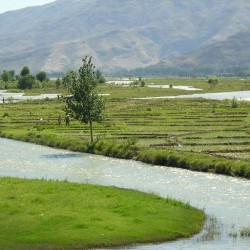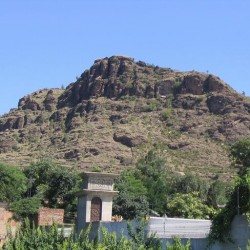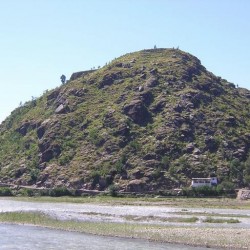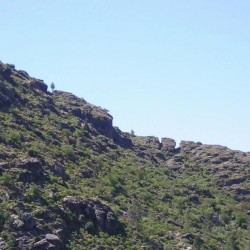Bazira (Barikot)
Q3634988Bazira (Old Indian: Vajira): citadel in the vallet of the river Swat, captured by Alexander the Great, modern Barikot in Pakistan.
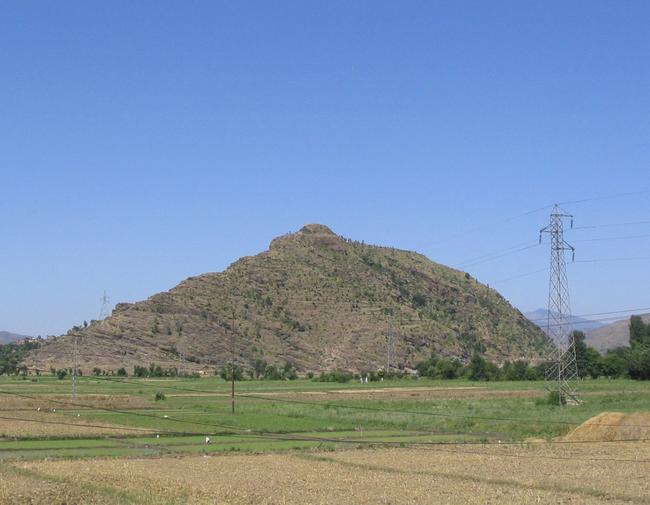
In the spring of 326 BCE, Alexander the Great conquered the beautiful valley of the river Swat. While he was besieging Massaga, his adjutant Coenus was sent to Bazira, but he failed to take the fort. Although Alexander came to his assistance, he decided to take nearby Ora first, which was larger and seemed to be on the point of receiving reinforcements.
Coenus therefore built a fortified camp to check the inhabitants of Bazira, who belonged to the tribe of the Assaceni. Seeing that the Macedonians had taken up defensive positions, the Indians attacked their enemies, but they were defeated by the soldiers of Coenus. The siege of Bazira continued until Ora had been taken. When the defenders learned that the other fort had fallen, they fled across the Shang-La pass to Aornus, a rock citadel near the Indus.
Today, the fortifications are still visible. Catapult stones have been found in the fort, and it is tempting to connect them with the Macedonian siege.
Literature
- Arrian, Anabasis 4.27-28
- Aurel Stein, On Alexander's Track to the Indus (1929, 2003) 35-42
